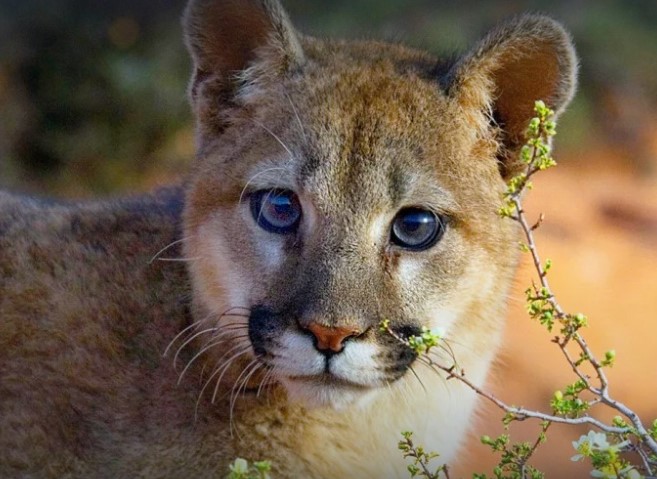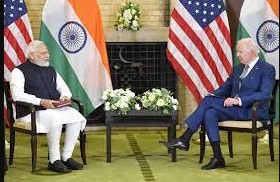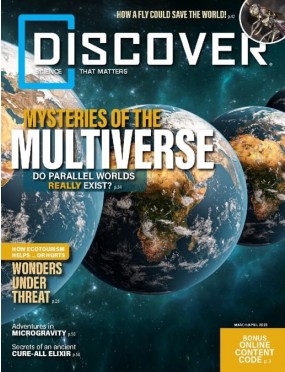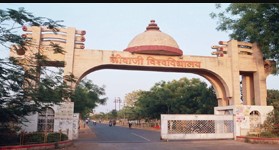Randstad
June 13, 2025

It was the shot heard around the world. An American trophy hunter shot and severely injured Cecil with an arrow after he was lured outside Hwange National Park in Zimbabwe with elephant carcass bait. About 10 hours later, the hunting party tracked him down. A second arrow ended Cecil’s life. The African lion’s death was met with sweeping global outrage over his horrific killing—and trophy hunting more broadly.
Seven years later, the male lions currently living in and around Hwange National Park may be trophy hunters’ next targets. Today, Cecil’s 25-member pride is led by brothers Humba and Netsai and consists of Cecil’s mates, daughters and grandcubs. If trophy hunters target Humba and Netsai, the remaining pride members will be left vulnerable. But it’s not just Cecil’s pride threatened by the cascading damages of trophy hunting: Only around 20,000 mature lions are left in the wild. Although multiple countries have since banned the import of lion trophies, the United States—the No. 1 importer of hunting trophies in the world—isn’t one of them, leaving the remaining members of Cecil’s pride vulnerable to American trophy hunters.
Cecil’s legacy lives on not just in his offspring, but in the fight to protect other lions from the crosshairs of trophy hunters. Cecil is remembered for the heartbreaking events surrounding his death, but he also lived a vibrant life: He created an unusual alliance with another male lion, led a pride and became a favorite among the many tourists and locals who had the opportunity to watch him in the wild. Now, Humba and Netsai inspire a similar joy among visitors to the national park. With your help, their story can end differently from Cecil’s.

June 13, 2025

June 13, 2025

June 13, 2025

June 13, 2025

June 13, 2025

June 13, 2025

June 13, 2025

June 13, 2025

June 13, 2025

June 13, 2025